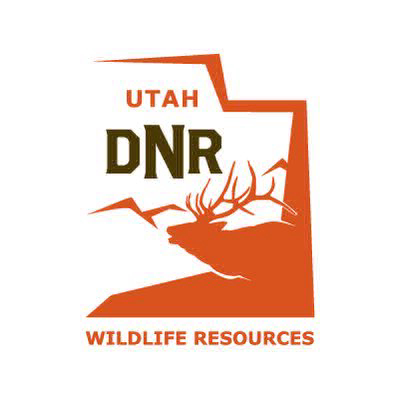
|
Law enforcement officers and technicians with the Utah Division of Wildlife Resources and other agencies had a busy Fourth of July weekend, working to inspect and decontaminate boats across the state. Their efforts focused on preventing the invasive quagga mussels in Lake Powell and in other states from spreading to other Utah waterbodies.
Statewide, Aquatic Invasive Species technicians with the DWR, Utah State Parks, Arizona Game and Fish Department and the National Park Service inspected 18,831 boats and performed 364 decontaminations from Thursday to Sunday.
Statewide, DWR conservation officers issued 161 citations and warnings for violations of Utah laws established to prevent the spread of invasive mussels. The majority of the violations this year were due to:
DWR officers also detected a boater at Strawberry Reservoir who was attempting to transport his boat with the livewell full of water and live fish. In Utah, it is illegal to move live fish from one waterbody to another or to take them home, and can result in a class A misdemeanor. Illegal fish introductions are a huge concern for transporting disease and can also ruin a fishery and threaten the species in the waterbody.
“Thank you to all the boaters who work with our staff and are cooperative in preventing the spread of aquatic invasive species,” DWR Aquatic Invasive Species Lt. Bruce Johnson said. “We appreciate the effort and time boaters take to comply with laws to protect our waters in Utah. Visit the STD of the Sea website for all the details about the mandatory education course, how to receive your required aquatic invasive species decal, and to learn all the rules for watercraft inspections and decontaminations.”
As a reminder:
There are over 40 inspection stations located at various waterbody boat ramps, along highways and at Port of Entry stations throughout Utah. Visit the STD of the Sea website for a list of all the decontamination stations around the state and for further information regarding requirements for boaters and others using nonmotorized watercraft.
Why quagga mussels are bad
? They plug water lines, even lines that are large in diameter.
? If they get into water delivery systems in Utah, it will cost millions of dollars annually to remove them and keep the pipes free, which can result in higher utility bills.
? They remove plankton from the water, which hurts fish species in Utah.
? Mussels get into your boat’s engine cooling system. Once they do, they’ll foul the system and damage the engine.
? When mussels die in large numbers, they stink and the sharp shells of dead mussels also cut your feet as you walk along the beaches.